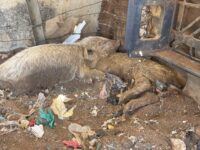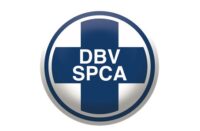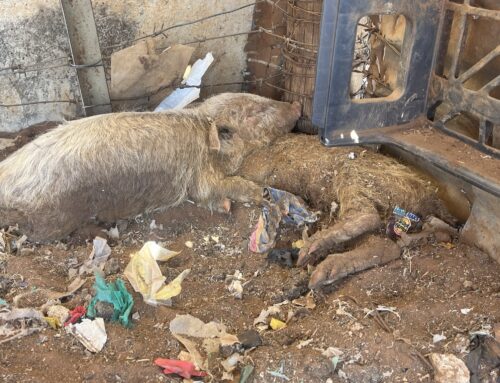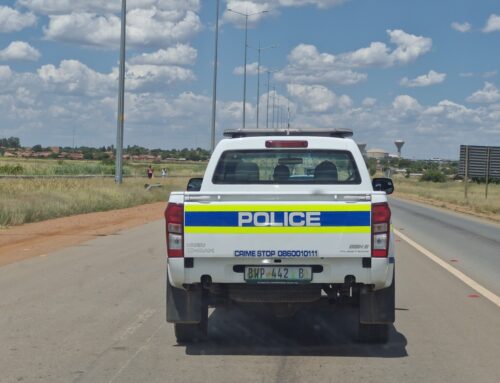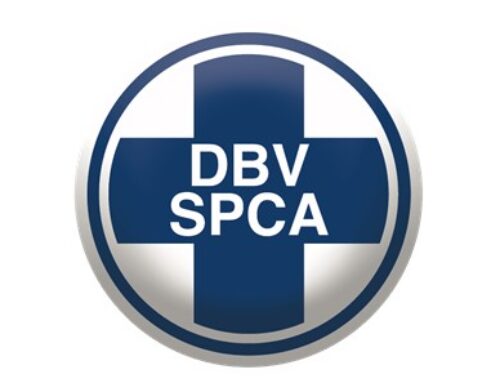On 11 July 2025, the Department of Agriculture invited public comments on the Proposed Regulations for the Exportation of Live Animals by Sea, made under section 10 of the Animals Protection Act 71 of 1962. These Regulations are intended to replace the existing Guidelines for the Exportation of Live Animals by Sea issued in March 2023.
As South Africa’s statutory animal welfare authority, the National Council of SPCAs (NSPCA) has lodged a detailed submission in outright opposition to the draft Regulations. The NSPCA has consistently rejected live animal export by sea as inherently cruel and unenforceable. The current draft not only fails to protect animals but strips away critical safeguards. It carries no criminal sanctions, no administrative fines, and no enforcement mechanisms. In short, the Regulations have no teeth – just a hollow document that protects the industry, not animals.
We have flagged critical omissions, to name a few:
- There is no mandatory embargo on exports to the Middle East during the hottest periods of the year, when animals are most at risk of agonising heat stress in Middle Eastern waters.
- The provisions relating to pregnant animals, length of wool, stocking densities, and feed requirements have been reduced to vague, and/or voluntary provisions, creating loopholes for exporters to exploit, as they have done with vague international guidelines in the past.
- There is no clear role for monitoring and enforcement, particularly for the Society for the Prevention of Cruelty to Animals (as empowered by the Animals Protection Act), despite the Constitutional Court confirming that the NSPCA is the body legislated to enforce animal protection nationwide. The NSPCA must be afforded specific rights regarding mandatory inspection, monitoring and enforcement for the entire lifecycle of the industry.
The NSPCA has supplied expert evidence on every aspect in which the Regulations fall short, including the Government’s own “Independent Monitor’s Report” on the July 2023 shipment to the Middle East, which documented serious welfare breaches under the previous Guidelines, as well as expert veterinary reports confirming systemic risks.
“Regulations without penalties are nothing more than paperwork. The industry must be held accountable, and the law must empower the NSPCA to act when animals’ lives are at risk,” says Senior Inspector Nazareth Appalsamy, Manager of the NSPCA’s Farm Animal Protection Unit.
We have in the past, and continue to, raise concern that by watering down the 2023 Guidelines into Regulations that are weaker in substance, it appears that the industry’s financial interests take priority over animal welfare – despite the High Court affirming that any decision-maker should consider animal welfare.
The NSPCA will not stand by while government attempts to rubber-stamp cruelty. Unless the draft is amended to include binding, enforceable standards and explicit oversight powers for the NSPCA, we will have no option but to consider legal remedies.
If you are as passionate about animals and their well-being as we are, consider supporting our causes by donating.
Latest News Posts
Will You Be the One Who Takes Action?
Most people will scroll past this. But will you be the one who stands up for animals?
Animal welfare isn’t always in the spotlight, but it changes lives – for every neglected, abused, or suffering animal we help. Our teams work tirelessly, often behind the scenes, ensuring animals across South Africa are protected.
This work is relentless. The challenges are immense. But with more hands, hearts, and resources, we can do even more.
The equation is simple: the more supporters we have, the greater our reach, the stronger our impact.
Be part of the change. Become an NSPCA Project Partner today. From just R50 per month, you can help ensure that no animal suffers in silence.

